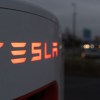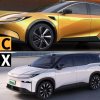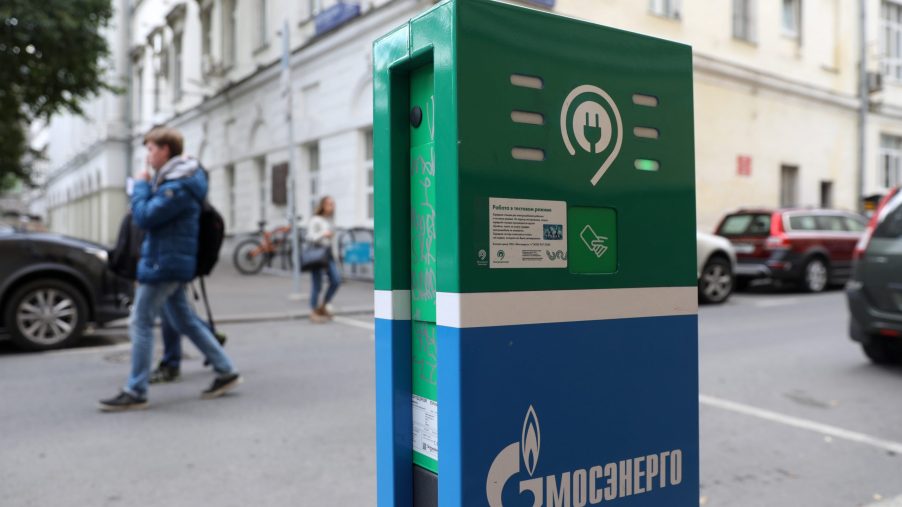
Why It’s Cheaper to Buy an Electric Car in Russia
Electric cars are paving the way toward a greener, cleaner future. But as of right now, electric cars are somewhat expensive, with very few costing less than $20,000. That is unless you live in Russia. Not only are used electric cars generally cheaper, but new EVs also fetch a lower price, partly due to lower demand.
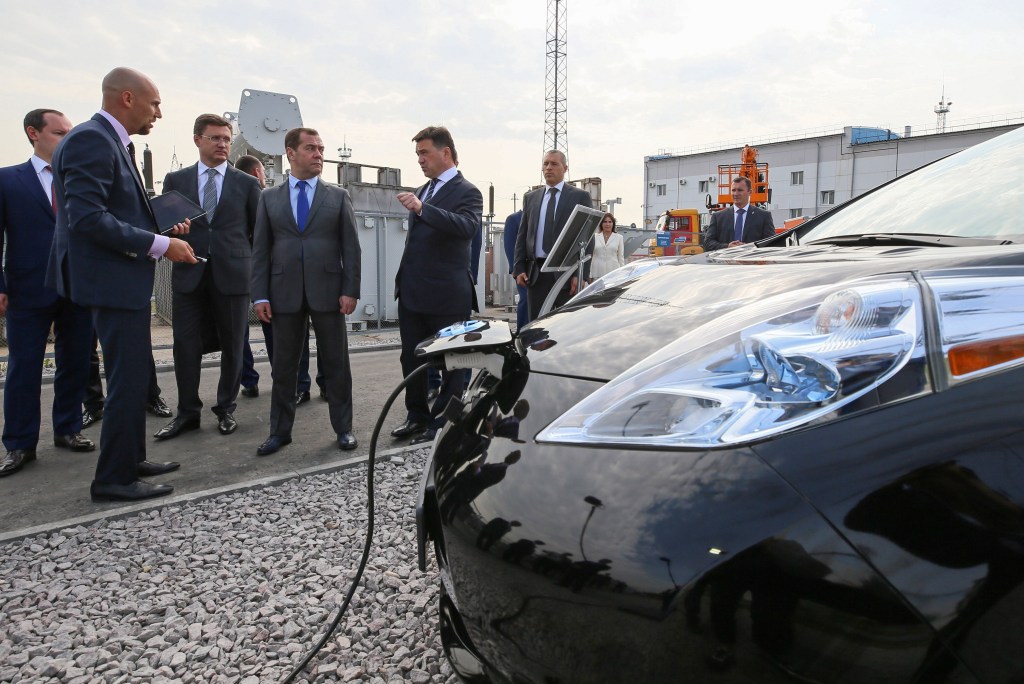
Used electric cars are cheaper in the Far East
The first thing to remember is that Russia is massive. So massive that the city of Khabarovsk, which shares a border with China, is isolated from the capital, Moscow. The people there are poorer, and because the government wants to stimulate growth in those rural regions of the country, electricity is cheaper.
For context, the cheapest state to use electricity in is Louisiana, where it costs $9.37 per kilowatt-hour. In Khabarovsk, however, electricity costs 473 rubles (or $6.45) per 100 kilowatt-hours. In short, Louisiana residents spend $937 on the same amount of electricity that Khabarovsk residents use for just $6.45.
And that’s not all. Because Khabarovsk shares a border with China and is only a stone’s throw from Japan, they get some of the leftover electric cars. Old, exported Nissan Leafs will cost anywhere between 400,000-600,000 rubles (or $5,500-$8,200) according to Bloomberg.
So used cars are cheaper to buy and cheaper to charge, but even the new cars sold in Russia have a lower price tag than in America. And that’s all thanks to the government subsidiaries, which are in some ways better than the ones in the states.
New electric car subsidies are lucrative

Just like the tax credits we use here, these Russian government subsidiaries are meant to incentivize people to buy electric cars. According to Reuters, the government plans to reimburse 25% any electric car purchase, with a maximum refund of 625,000 rubles.
That’s $8,500, which is $1,000 more than the Federal subsidiaries in the US. Provided, there are state tax credits here as well. But if you live somewhere that doesn’t have those, then a new electric car would be cheaper in the motherland.
Though, if you’re buying a cheap EV in Russia, say a 2022 Nissan Leaf rather than a used one, then you only get 25% back. Whereas, in America, you get at least $7,500 no matter how cheap that electric car is. In other words, it depends on which electric car you buy, but there’s still some incentive for the Russian populous to go green.
It sounds like an EV paradise, where everything is cheaper, including electricity. But while it all sounds nice, in actuality, Russia is far from eco-friendly.
Compared to the rest of the world, Russia is lagging behind
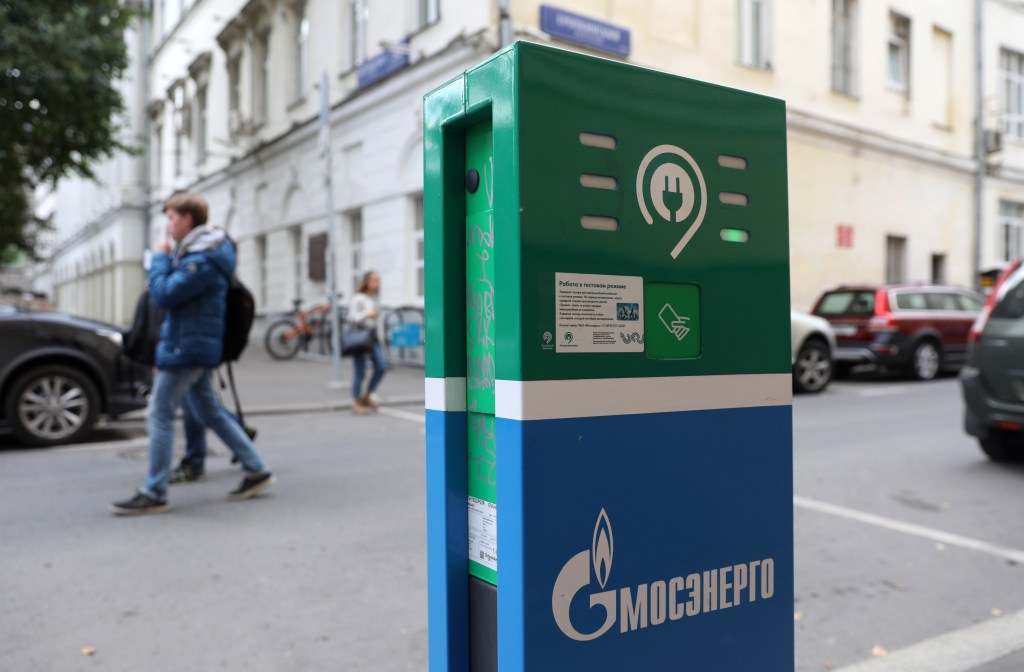
Of the 55 million cars darting around Russia, 11,000 of them are presumed to be electric. That’s less than .0002% of cars in Russia, whereas, in the states, there are nearly 2 million electric cars on the road. Though even that many EVs only make up .0072% of the cars registered in America. While the EV to gas car ratios are small, that’s still more than a 1.9 million car difference.
And then there’s Russia’s charging network, which is microscopic. There are around 1,000 charging stations. This doesn’t include wall outlets that can be used to charge certain electric cars, but that’s nothing compared to America’s 42,000 chargers.
Russia’s plan to cut its carbon emissions isn’t too ambitious either. They aim to cut their emissions to 70% of 1990 levels by 2030. Meanwhile, some countries and automakers plan to ban gasoline cars altogether, while Russia will still be one of the largest exporters of gas and oil.
So what we have is low cost due to low demand. Sure, owning a Lada, in the long run, might not be as cheap as an electric car (in certain regions). But there’s no shortage of gasoline in Russia. Unlike their charging network, which is next to nonexistent.

